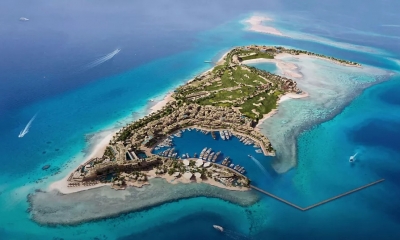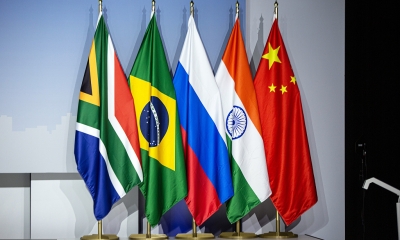The Global Civilization Initiative and a Harmonious Future
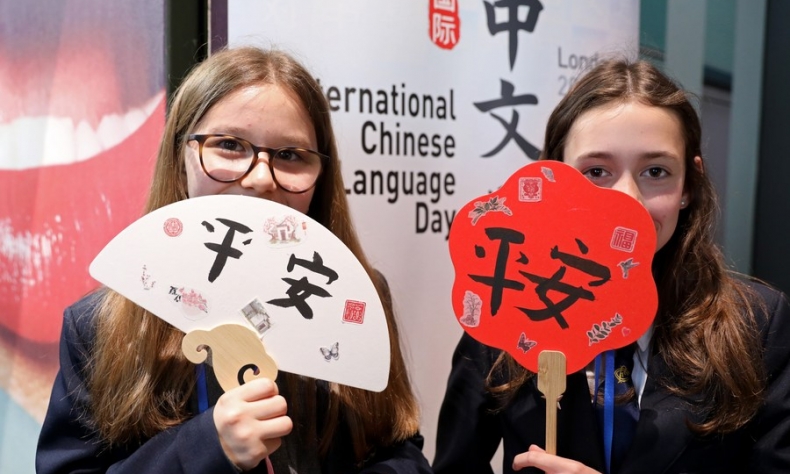
As the world faces increasingly complex challenges, President Xi’s vision for a Global Civilization Initiative offers a pathway towards a more harmonious and prosperous future.
Chinese President Xi Jinping has emerged as a prominent advocate for a Global Civilization Initiative, which seeks to foster a harmonious world characterized by cooperation, connectivity, and shared prosperity. President Xi’s vision for this initiative encompasses various key aspects, including environmental responsibility, cultural exchange, poverty alleviation, inclusive development, enhanced cooperation, and peace. By delving into these areas, we can gain a deeper understanding of President Xi’s vision and its impact on shaping China’s approach to international relations. This article explores President Xi Jinping’s Global Civilization Initiative, highlighting its key principles and their implications for global governance and collaboration.
Vision for a shared future
At the heart of the Global Civilization Initiative lies the vision of building a “community with a shared future for mankind.” This concept emphasizes the importance of solidarity, cooperation, and mutual respect among nations in addressing global challenges collectively. By transcending ideological differences and promoting common values, President Xi aims to create a harmonious and interconnected world, enhancing global governance mechanisms.
Environmental responsibility and sustainable development
President Xi Jinping recognizes the pressing need to address climate change and environmental degradation as a shared global responsibility. Under his leadership, China has undertaken significant efforts to transition to a greener and more sustainable economy. By committing to the Paris Agreement, China has set ambitious goals, including peaking carbon emissions by 2030 and achieving carbon neutrality by 2060. These proactive measures demonstrate China’s commitment to being an environmental leader and promoting sustainable development on a global scale. President Xi’s emphasis on environmental responsibility aligns with the broader goal of preserving the planet for future generations and ensuring a sustainable future.
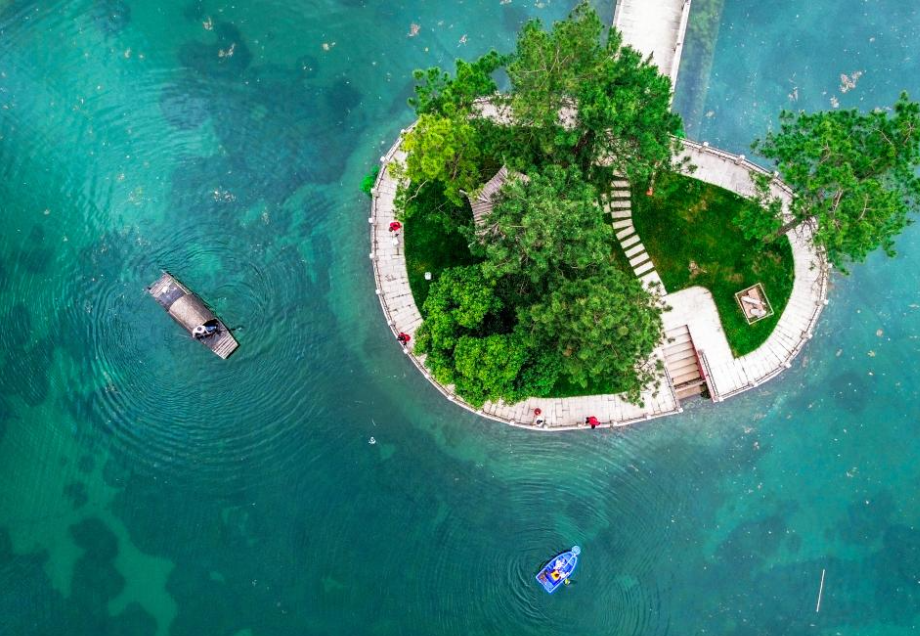
Cultural exchange and mutual learning
Promoting cultural exchange and mutual learning among civilizations is another vital aspect of President Xi’s Global Civilization Initiative. Initiatives such as the Silk Road Cultural Belt and the Maritime Silk Road aim to strengthen people-to-people ties, artistic collaborations, and cultural understanding between nations. By embracing cultural diversity and respecting the heritage of different civilizations, President Xi fosters an environment that celebrates humanity’s rich tapestry and nurtures a sense of interconnectedness and common purpose.
Poverty alleviation and inclusive development
President Xi Jinping has spearheaded an unprecedented campaign to eradicate extreme poverty within China. Through his efforts, millions of people have been lifted out of destitution, reflecting China’s commitment to inclusive development. This success serves as a model for international poverty alleviation efforts, with China sharing its experiences and providing assistance to other developing nations. By promoting inclusive policies and fostering equitable growth, President Xi aims to build a more compassionate and just global civilization.
Enhanced cooperation and peace
A central pillar of the Global Civilization Initiative is the promotion of cooperation and dialogue among nations. By encouraging collaboration, the initiative seeks to resolve conflicts, mitigate tensions, and promote peaceful coexistence. Increased cooperation can also lead to joint efforts in addressing pressing global challenges such as climate change, poverty, and pandemics. President Xi’s emphasis on cooperation and peace aims to foster an environment of mutual understanding, trust, and shared responsibility.
Shared economic prosperity
The Global Civilization Initiative recognizes the importance of economic integration and collaboration among nations. By promoting trade, investment, and infrastructure development, the initiative aims to create new opportunities for economic growth and development, benefiting both developed and developing countries. This can lead to poverty reduction, improved living standards, and enhanced well-being for people around the world.
Sustainable development
The Global Civilization Initiative underscores the significance of prioritizing sustainable development. By encouraging nations to adopt environmentally friendly policies and technologies, the initiative contributes to the preservation of natural resources, biodiversity, and ecological balance. It promotes responsible environmental practices, such as renewable energy adoption, waste reduction, and ecological conservation, to address climate change, reduce pollution, and create a more sustainable future for the planet.
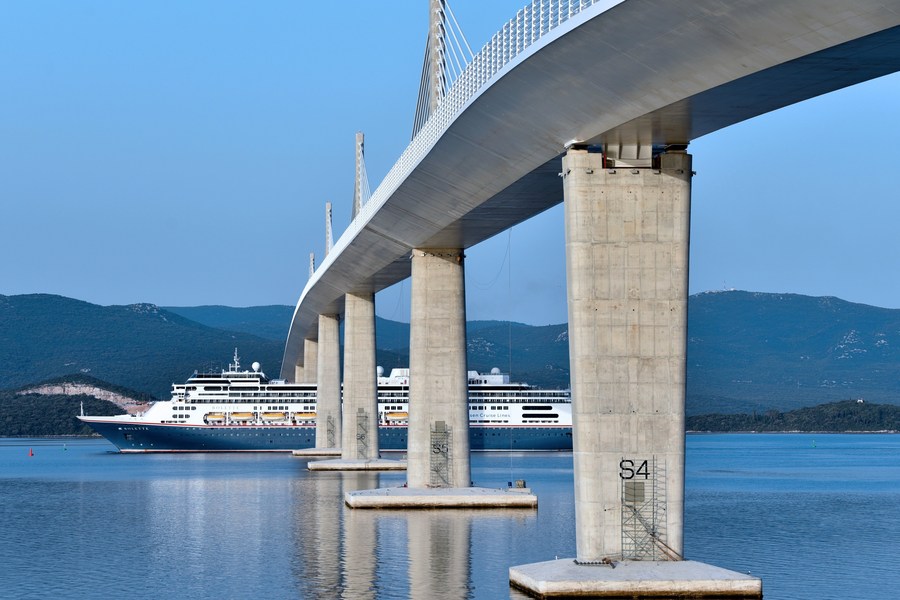
Strengthened global governance
President Xi’s Global Civilization Initiative aims to contribute to the strengthening of global governance mechanisms. By encouraging nations to work together, the initiative fosters the development of international frameworks, agreements, and institutions that can effectively address global challenges. This can lead to improved coordination, information sharing, and collective decision-making on issues of global importance.
Technological advancements and innovation
A key focus of President Xi’s Global Civilization Initiative is the promotion of collaboration in scientific research, technological advancements, and innovation. By sharing knowledge, resources, and expertise, nations can accelerate progress in areas such as healthcare, renewable energy, information technology, and space exploration. This can lead to breakthroughs, improved quality of life, and the development of new solutions to global challenges.
Social and humanitarian benefits
President Xi’s Global Civilization Initiative places importance on social development and humanitarian assistance. By promoting inclusive policies, education, healthcare, and poverty alleviation efforts, the initiative contributes to social equality, human rights, and the well-being of marginalized populations. This can lead to improved access to education, healthcare, and basic necessities, fostering a more equitable and just global society.
Conclusion
President Xi Jinping’s Global Civilization Initiative represents a comprehensive vision for fostering a harmonious world characterized by cooperation, connectivity, and shared prosperity. Through his leadership, President Xi seeks to promote environmental responsibility, cultural exchange, poverty alleviation, inclusive development, enhanced cooperation, and peace. This initiative aligns with China’s broader goals of sustainable development, equitable growth, and global governance. By actively engaging in initiatives that foster dialogue, cooperation, and mutual understanding, President Xi aims to shape a more interconnected and cooperative global community. As the world faces increasingly complex challenges, President Xi’s vision for a Global Civilization Initiative offers a pathway towards a more harmonious and prosperous future.
The author is an independent expert in international relations based in Nepal.
The article reflects the author’s opinions, and not necessarily the views of China Focus.
 Facebook
Facebook
 Twitter
Twitter
 Linkedin
Linkedin
 Google +
Google +




